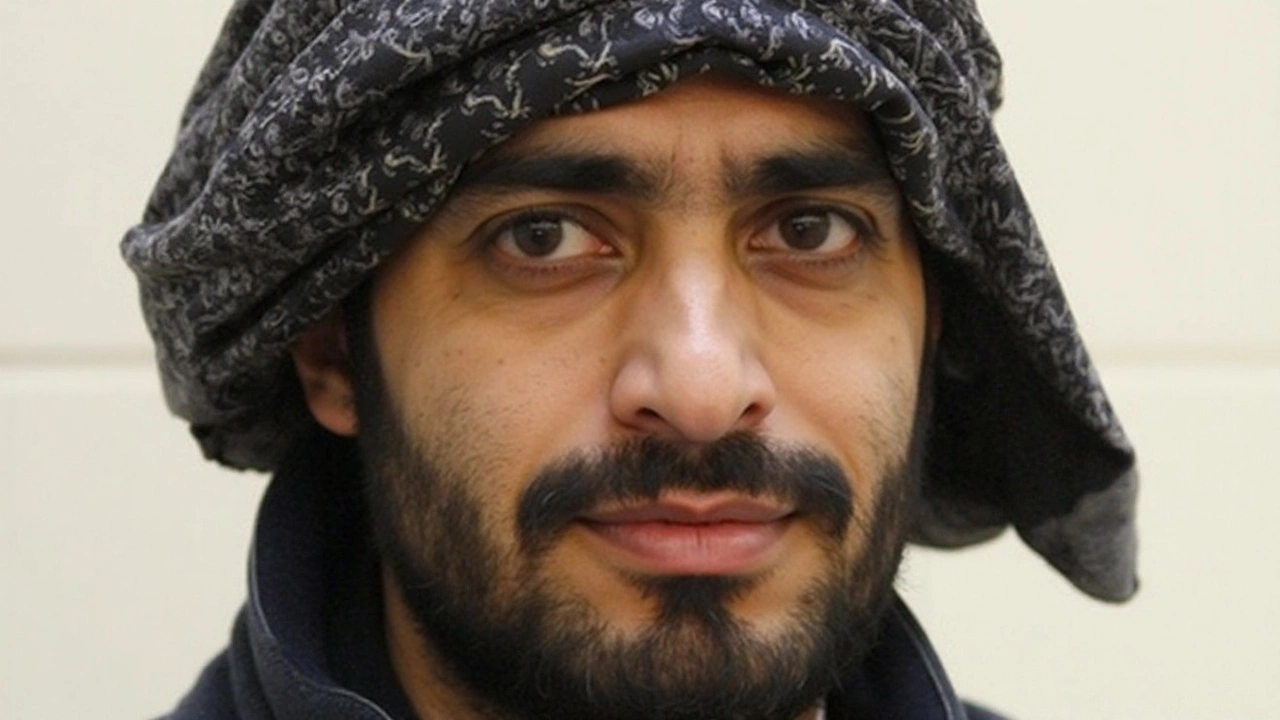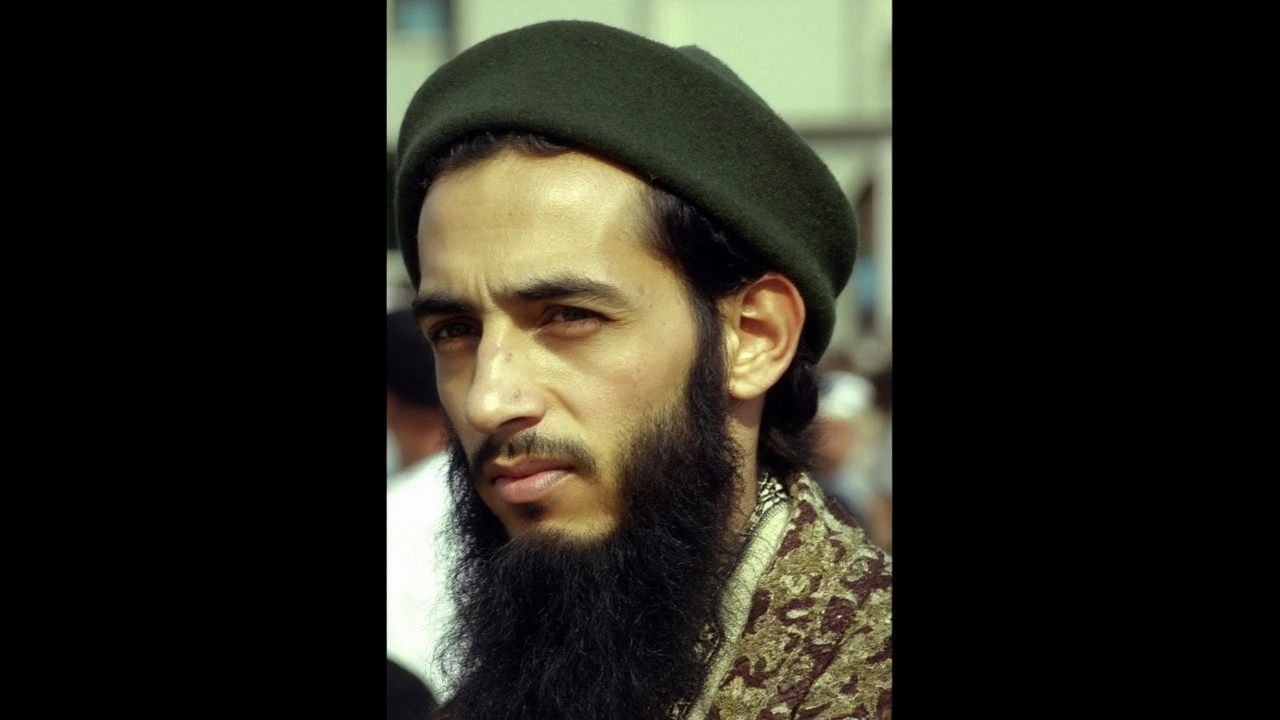UK clears long-delayed extradition in Oregon terror camp case
For almost a decade, one case kept testing the limits of UK–US counterterrorism cooperation. British judges have now agreed to extradite Haroon Rashid Aswat to face U.S. charges tied to a plan to set up a terrorist training camp in rural Oregon in 1999. The decision followed years of appeals focused on his mental health and whether American prison conditions would meet human-rights standards.
Aswat, born in 1974, has been described by American officials as having ties to al‑Qaeda and was linked by investigators to people connected to the July 7, 2005 London bombings, though he was not charged over those attacks. U.S. prosecutors say he conspired with three men already familiar to terrorism cases—preacher Mustafa Kamel Mustafa (better known as Abu Hamza), the Swedish national Ouassama Kassir, and U.S. citizen Earnest James Ujaama—on a plan to run military-style training for would-be fighters on a property near Bly, Oregon. Court filings describe the goal as preparing recruits for combat abroad, including Afghanistan, and say the conspirators used the term “jihad” to mean violent action against perceived enemies.
Aswat’s path into the courts began in the frantic days after the London bombings. He was arrested in Zambia on July 20, 2005, then deported to the UK on August 7, 2005. His family quickly issued a statement saying he had not lived with them for years and that they had no contact with him. What followed was a grinding legal battle over whether he could be sent to the United States at all.
The extradition hit its first major wall in 2010, when the European Court of Human Rights (ECHR) blocked the move. Judges in Strasbourg were not convinced that the U.S. prison system—especially high-security units and the potential use of strict restrictions—would be compatible with protections against inhuman or degrading treatment. That ruling was upheld in September 2013, keeping Aswat in the UK and forcing prosecutors on both sides of the Atlantic to rethink their approach.
What changed the case was a set of formal assurances from Washington. In October 2014, after the U.S. government guaranteed he would receive appropriate psychiatric care in federal custody, the British High Court signed off on extradition. Those assurances addressed the concerns that had stalled the case for years—namely, where Aswat would be held, how he would be treated if his condition worsened, and whether he would have access to medical specialists. In January 2015, the ECHR ruled that sending him to the U.S. on the basis of those guarantees met Europe’s human-rights standards.
The Oregon plot is already well-known to U.S. courts because the alleged co-conspirators were prosecuted years earlier. Kassir was convicted in New York in 2009 for his role in the camp plan and later sentenced to life in prison. Abu Hamza was extradited from the UK in 2012 and found guilty by a federal jury in 2014 on a slate of terrorism charges, including his links to the Oregon scheme. Ujaama admitted his part in related conduct years before and cooperated with U.S. authorities. Aswat’s case, long delayed by health and legal issues, is the last major piece of that saga.
Extradition between London and Washington is routine in ordinary cases, but terrorism prosecutions bring extra scrutiny. British courts examine whether U.S. charges are properly framed, whether a fair trial is possible, and whether detention conditions would violate the European Convention on Human Rights. The ECHR, which has no role in deciding guilt or innocence, focuses on treatment and proportionality. In practice, that means the U.S. often provides detailed assurances: medical care, regular reviews of any restrictive measures, and access to counsel and courts. Those assurances unlocked the Aswat case.
Here is how the timeline unfolded:
- Late 1999: U.S. authorities say plans for a training camp in Bly, Oregon, take shape, with Kassir and others traveling to the site.
- July–August 2005: Aswat is arrested in Zambia and deported to the UK amid the wider post–London bombings investigation.
- 2010: The ECHR blocks extradition, citing concerns over U.S. prison conditions and his mental health needs.
- September 2013: The ECHR’s earlier block is upheld, keeping the case on hold.
- October 2014: After U.S. assurances on psychiatric care, UK judges approve extradition; he is cleared to face trial in the United States.
- January 2015: The ECHR rules the extradition lawful based on the guarantees provided.
What does Aswat face in the U.S.? The charges center on conspiracy tied to setting up a terrorist training camp. If convicted, he could face a lengthy sentence under federal terrorism statutes. He is presumed innocent unless and until a jury finds otherwise, and his lawyers can still challenge any aspect of his confinement or trial in U.S. courts, including whether the government lives up to the medical-care commitments that cleared the way for his transfer.
This case also shows how human-rights law shapes national-security prosecutions. A decade ago, European judges were not satisfied that a suspect with serious mental-health needs would be safe under the most restrictive U.S. conditions. Washington responded by spelling out where and how he would be housed and treated. That approach—specific, testable guarantees—has since become a template in complex extraditions, balancing a state’s duty to prosecute serious crime with the individual’s right to humane treatment.
For UK and U.S. officials, the Aswat decision is a validation of that model. It closes the loop on one of the last unresolved pieces of the Oregon camp investigation and reinforces that extradition is possible even in fraught terrorism cases, so long as the receiving country can show the treatment will be lawful, proportionate, and medically sound.

Why the Aswat decision matters beyond one case
There’s a broader signal here. Rights courts are not trying to shield suspects from prosecution; they are forcing governments to show their work. When the U.S. put detailed healthcare and detention plans on the table, British and European judges accepted them. That makes future cases more predictable: if a suspect has mental-health needs, assurances must be concrete—facility options, treatment access, and regular reviews—not vague promises.
It also underscores how the UK–US extradition relationship actually functions. The treaty is strong, but it does not run on trust alone. It runs on evidence, on clear legal charges, and on the receiving state’s willingness to tailor confinement to individual risk and medical needs. The Aswat ruling reminds prosecutors that they can win these cases, but only if they match security goals with credible, humane safeguards.
